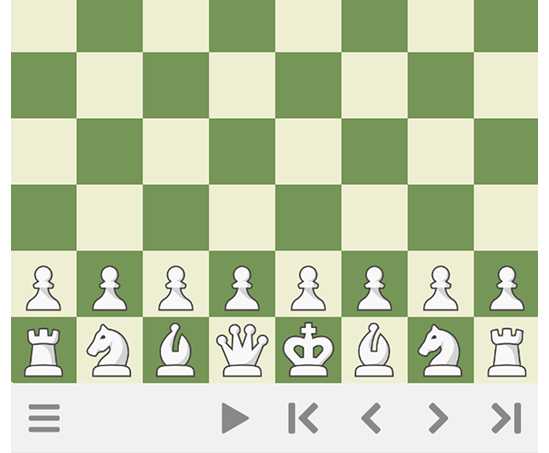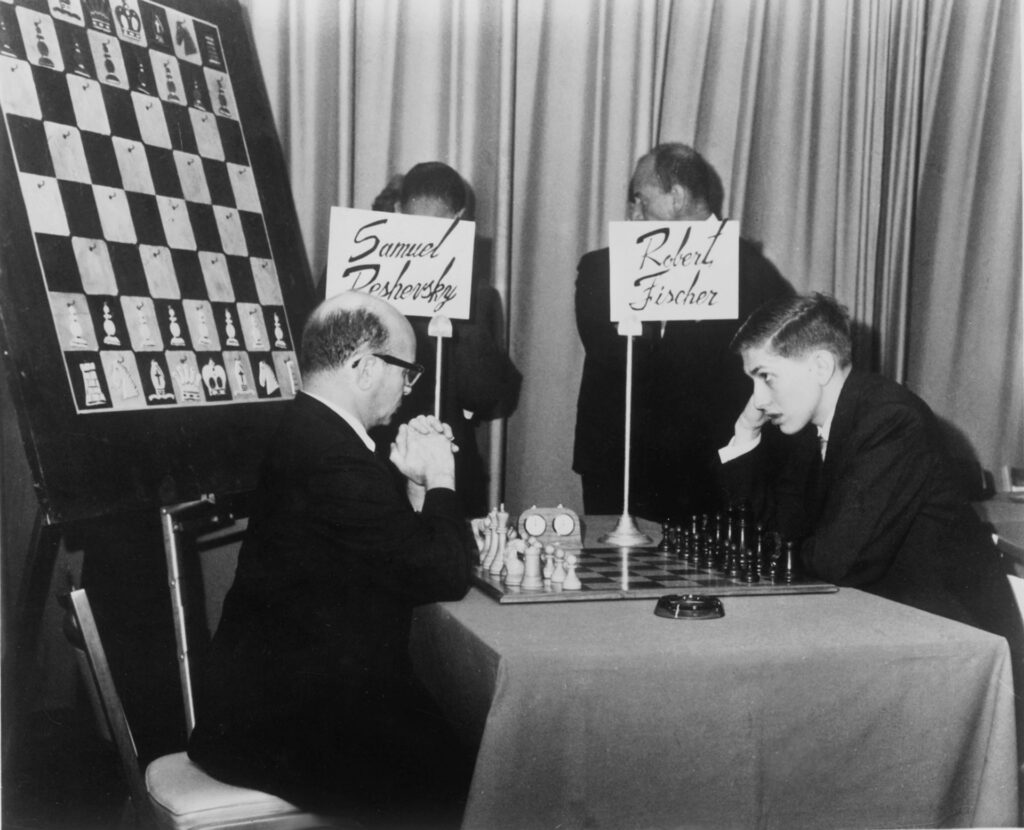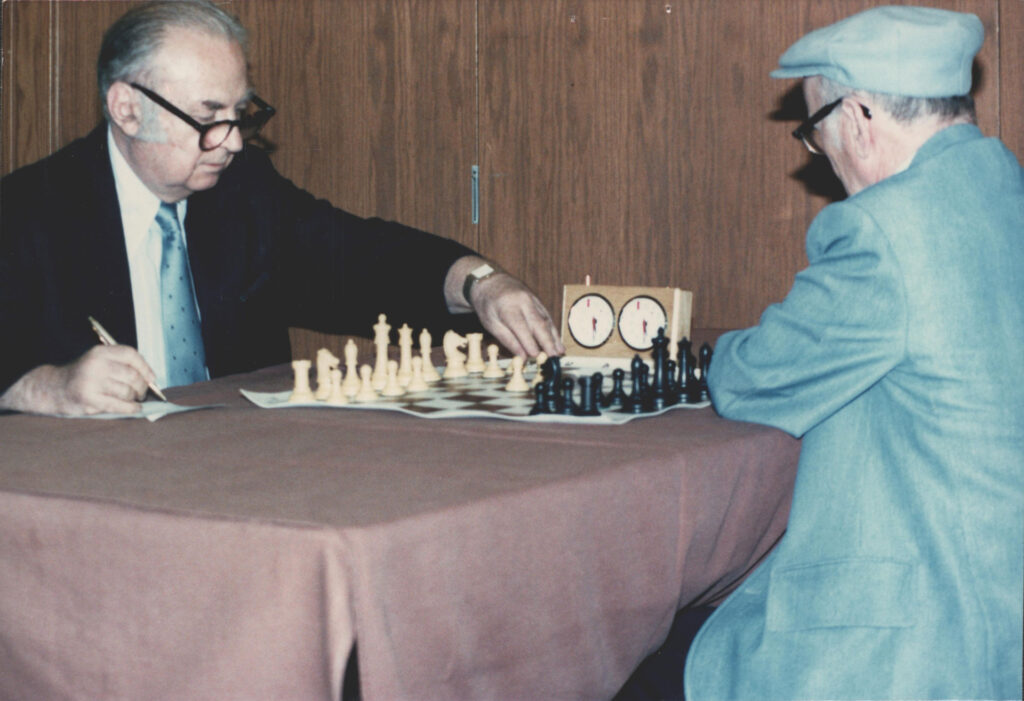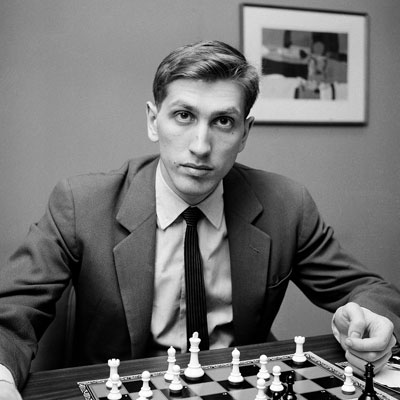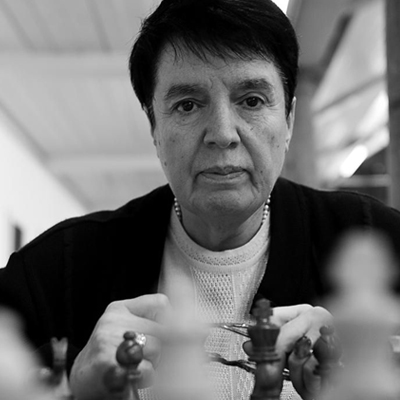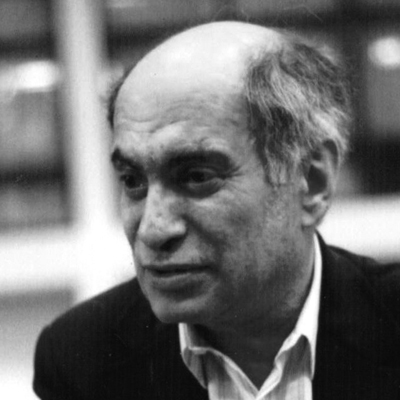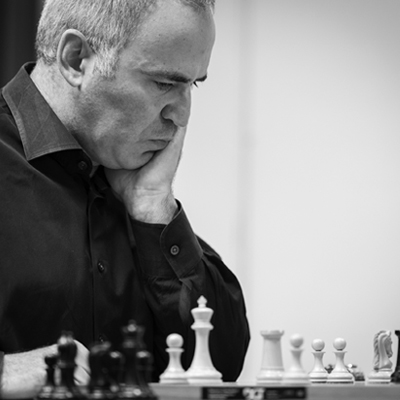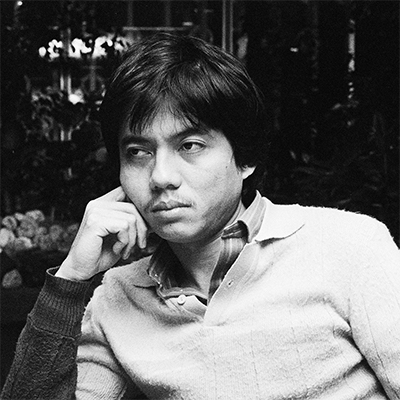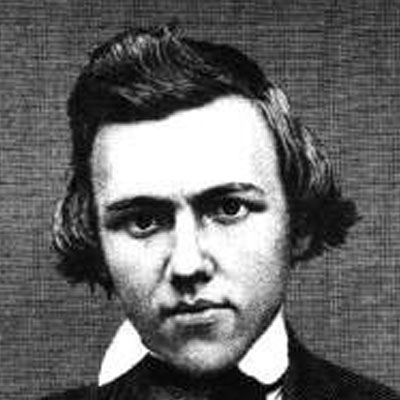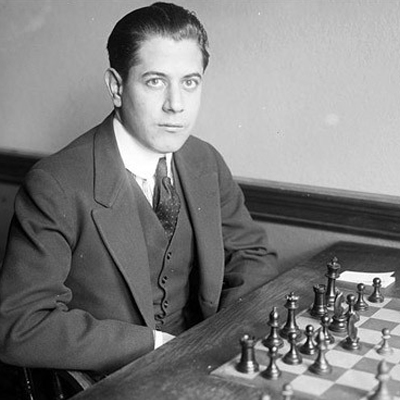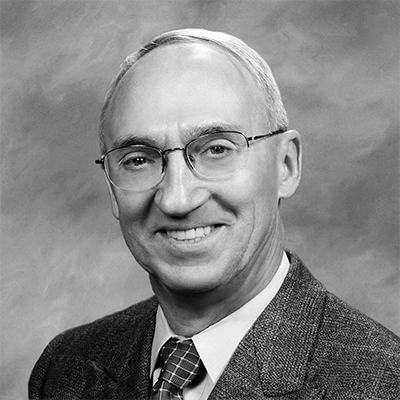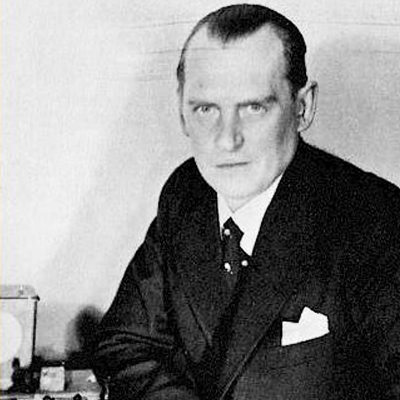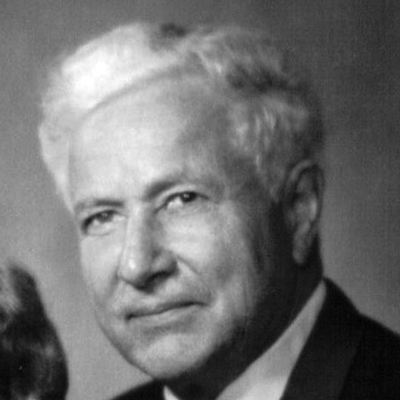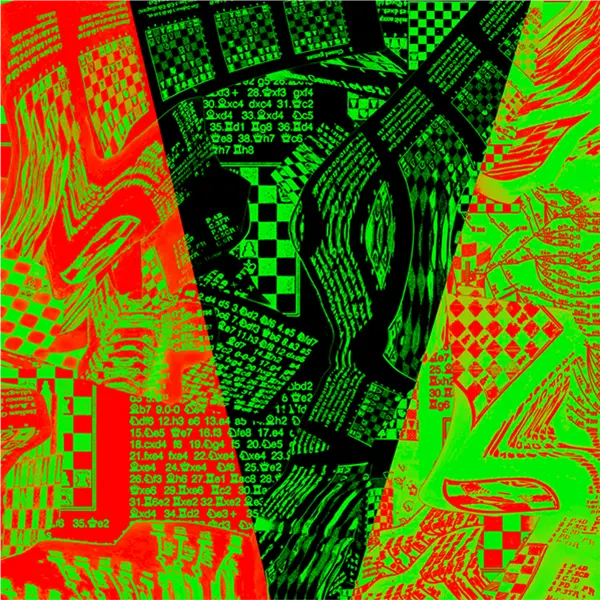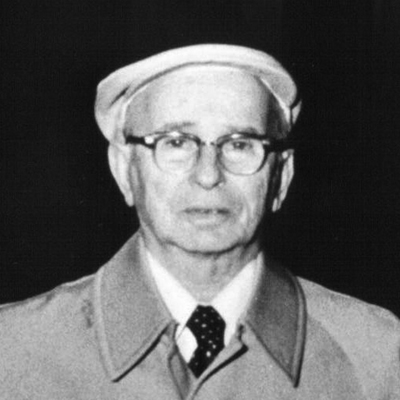
US Hall of Fame
Samuel Herman Reshevsky
Inducted 1986 1911 - 1992

United States of America
Biography
A chess prodigy, Samuel Reshevsky was giving simultaneous exhibitions to 20 or more players in the U.S. and Europe at age 8. He dropped out of chess as a teenager to concentrate on his education, but at 20 returned to tournaments. In short order, he won the U.S. Open in 1931, shared the same title with Reuben Fine in 1934, and won Margate 1935 ahead of Jose Raul Capablanca. Soon thereafter began his domination of the U.S. Championship, finishing clear first in 1936, 1938, 1940, 1942, and 1946. In 1981, he returned to the U.S. Championship, losing a spot in the World Championship Interzonals by only tiebreak points. He would also represent the United States in eight Olympiads over 37 years.
From the mid-1930s to the mid-1960s, Reshevsky was considered a serious contender for the World Championship title, qualifying for four Candidates Tournaments. His best chance came at Zurich 1953, but collusion among the Soviet representatives resulted in a second-place tie. Over the course of his long career, Reshevsky played eleven of the first twelve World Champions, defeating seven of them, and wrote several chess books and columns. His mastery of both positional and tactical play made him one of the world’s strongest players in the mid-20th century.
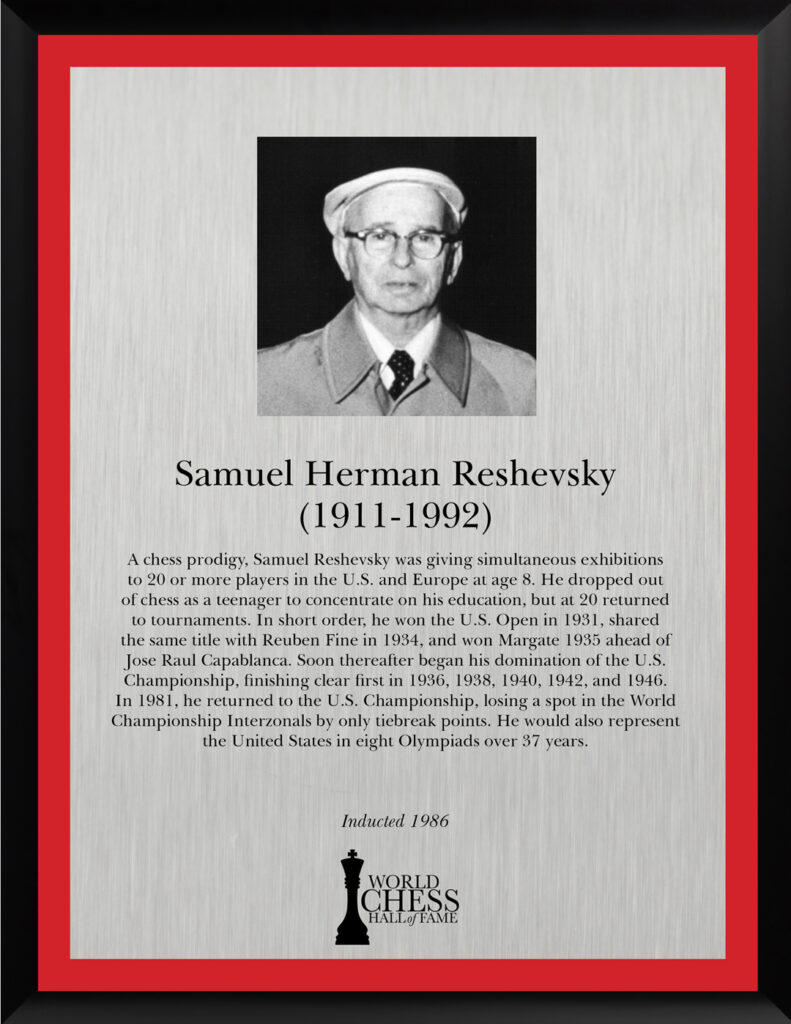
Notable Games
